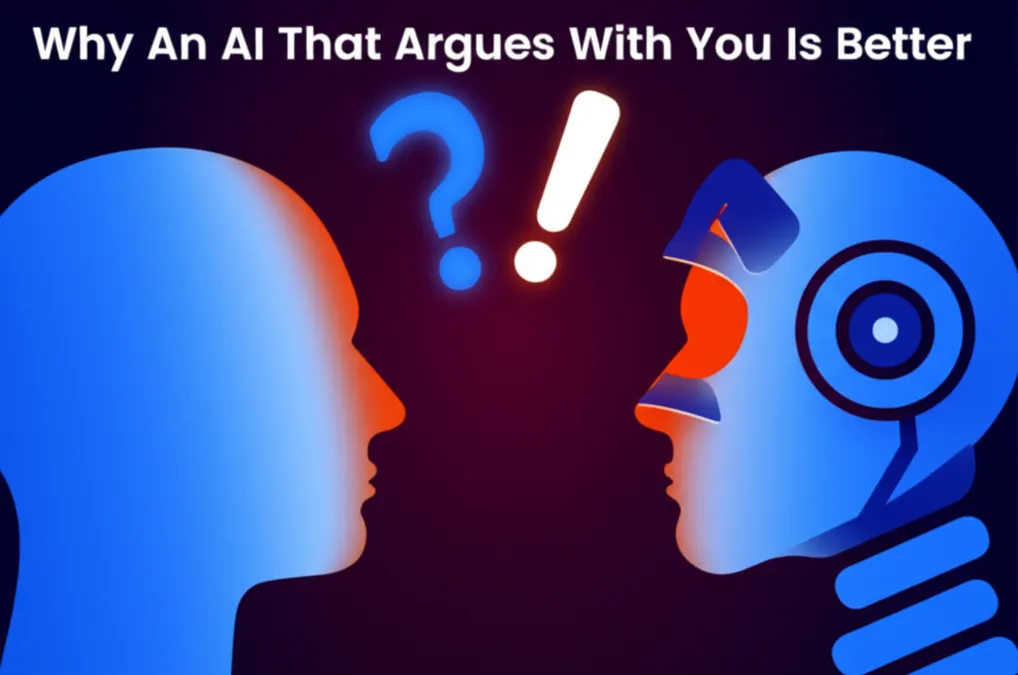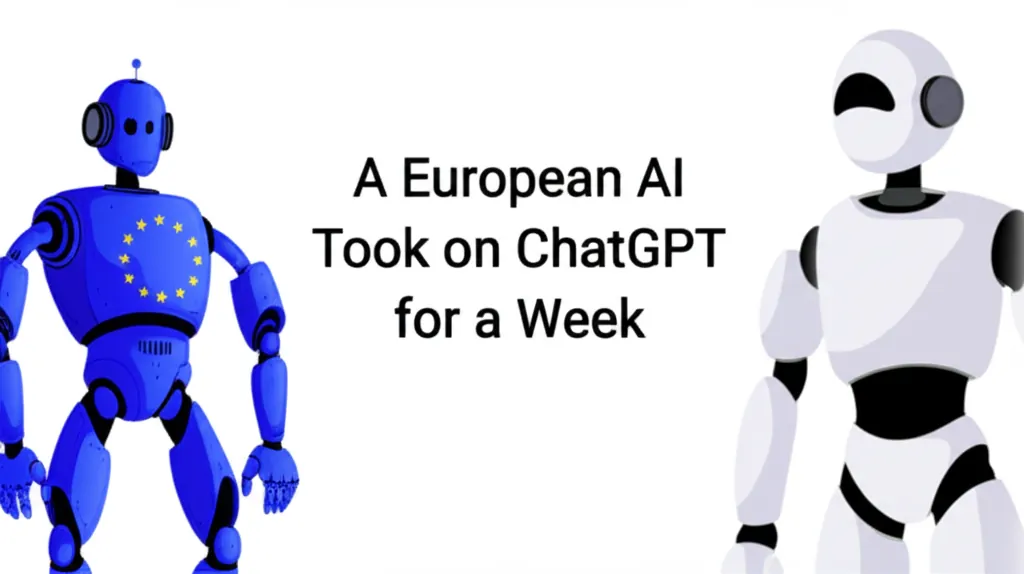Developer Offer
Try ImaginePro API with 50 Free Credits
Build and ship AI-powered visuals with Midjourney, Flux, and more — free credits refresh every month.
Google vs ChatGPT The Great AI Search Divide
The world of online search is undergoing a seismic shift, driven by artificial intelligence. The implications for marketers, businesses, and everyday users are staggering as AI reshapes how we find and interact with information. A new analysis from BrightEdge, based on billions of data points, reveals that the AI search landscape is splitting into two distinct paths, forcing a new approach to content optimization.
The Great Divide: Research Assistant vs. Trusted Coach
The fundamental difference lies in the philosophy behind the two leading AI search tools: Google AI and OpenAI's ChatGPT. As BrightEdge CEO Jim Yu puts it, “AI search has fundamentally split into two philosophies—Google as your research assistant versus ChatGPT as your trusted coach.”
This distinction is critical. When a user wants to learn more about a topic, Google excels by providing a wealth of articles, studies, and sources to read. It acts as a powerful research assistant, gathering information for the user to sift through. In contrast, when a user asks for actionable advice or a direct solution, ChatGPT steps into the role of a coach, suggesting specific tools, apps, and next steps. “The difference is unmistakable,” Yu adds. “When users ask, 'what should I do next?' ChatGPT suggests tools, and Google gives them more to read.”
AI Divergence Across Industries
This philosophical split creates measurable differences in search results across various sectors:
-
Healthcare (62% Divergence): When asked about symptoms, both AIs point to authoritative sources like the CDC and The Mayo Clinic. However, for a prompt like “How to find a doctor,” Google directs users to hospital directories, while ChatGPT recommends a specific tool like Zocdoc.
-
B2B Technology (47% Divergence): In comparing cloud platforms, both mention giants like AWS and Microsoft Azure. But when asked “How to deploy specific apps,” Google provides links to tutorials and Stack Overflow, whereas ChatGPT suggests using tools like Kubernetes and the AWS CLI.
-
Education (45% Divergence): For finding online learning platforms, both surface Coursera and edX. But for learning a specific skill like Python, Google points to content hubs like GitHub and Medium, while ChatGPT recommends a direct learning platform like Udemy.
-
Finance (39% Divergence): While this sector shows the least divergence, the pattern holds. For “Best credit cards,” both list major banks. But for “How to create a budget,” Google drives users to content-rich sites like NerdWallet, while ChatGPT pushes them toward budgeting apps like Mint and YNAB.
The Publisher's Dilemma: Google's AI Summaries
Adding another layer of complexity, a recent Pew Research Study highlights a new challenge for publishers stemming from Google's AI-generated summaries, also known as AI Overviews (AIO).
The study found that these summaries appear more frequently for specific types of queries. Just 8% of one or two-word searches trigger an AIO, but this jumps to 53% for searches of 10 words or more. Queries framed as questions (using “who,” “what,” “why,” etc.) resulted in an AIO 60% of the time.
The critical issue for publishers is that when an AI summary appears, users are far less likely to click on traditional website links. The click-through rate on a search result drops from approximately 15% on pages without an AIO to just 8% on pages with one. Furthermore, users are more likely to end their browsing session entirely after viewing a page with an AI summary (26% of visits) compared to a page with only traditional results (16% of visits).
This suggests that marketers and publishers must not only optimize for two different types of AI search behavior but also find new strategies to engage users who may no longer click through to their websites from Google.
Compare Plans & Pricing
Find the plan that matches your workload and unlock full access to ImaginePro.
| Plan | Price | Highlights |
|---|---|---|
| Standard | $8 / month |
|
| Premium | $20 / month |
|
Need custom terms? Talk to us to tailor credits, rate limits, or deployment options.
View All Pricing Details

